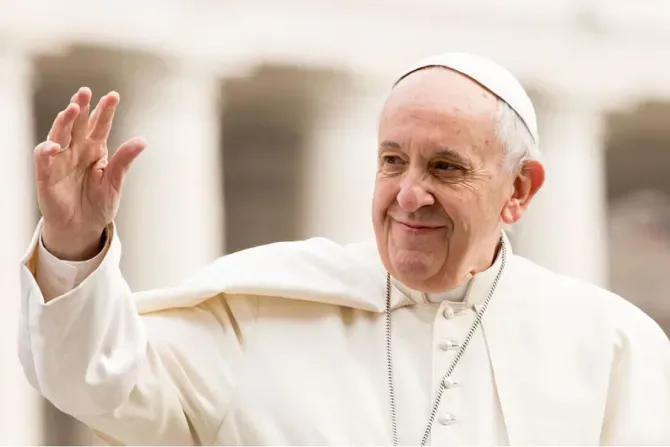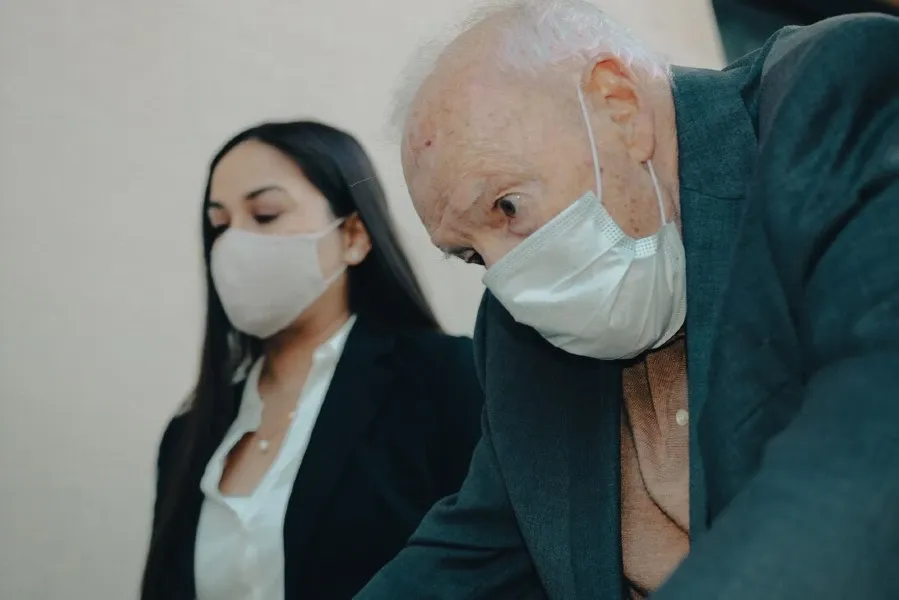The gathering, promoted by the Diocese of Teramo-Atri, is hosted by the University of Teramo and the Sanctuary of St. Gabriel of Our Lady of Sorrows.
The sanctuary -- at the foot of the Gran Sasso d’Italia, a massif in the Apennine Mountains -- is the burial place of St. Gabriel, an Italian Passionist, and a popular pilgrimage destination.
The Church is currently celebrating the centenary of St. Gabriel’s canonization. The Jubilee of St. Gabriel of Our Lady of Sorrows began on Feb. 27 and will end on the same date in 2022.
The Laboratori Nazionali del Gran Sasso, the world’s largest underground research center, is located beneath the massif.
Referring to his latest encyclical, Fratelli tutti, the pope said it was vital that scientists worked together for the good of all.
“Moreover, as I noted in the encyclical, it is important not to overlook the ‘risk that a single scientific advance will be seen as the only possible lens for viewing a particular aspect of life, society, and the world,’” he said.
The pope noted that the coronavirus pandemic had prompted the scientific community to rethink “prevention, treatment, and health organization,” paying greater attention to relations between people.
He said: “Faced with the new challenges, you are entrusted, dear friends in science -- yes, you! - with the task of testifying to the possibility of building a new social bond, endeavoring to bring scientific research closer to all the community, from the local to the international, and that together it is possible to overcome every conflict.”
“Science is a great resource for building peace!”








